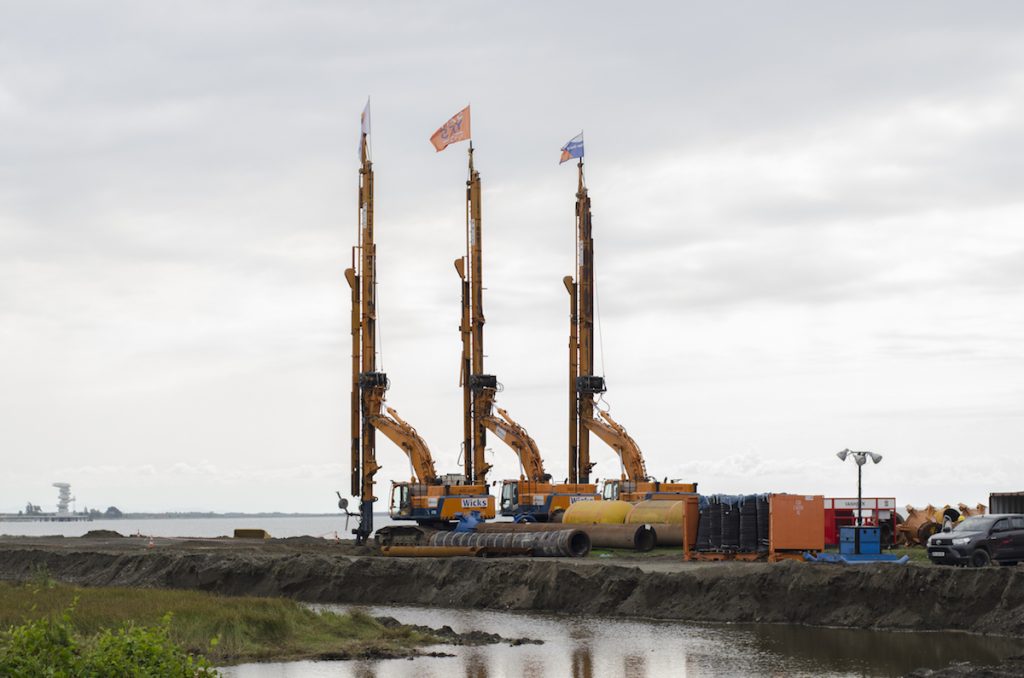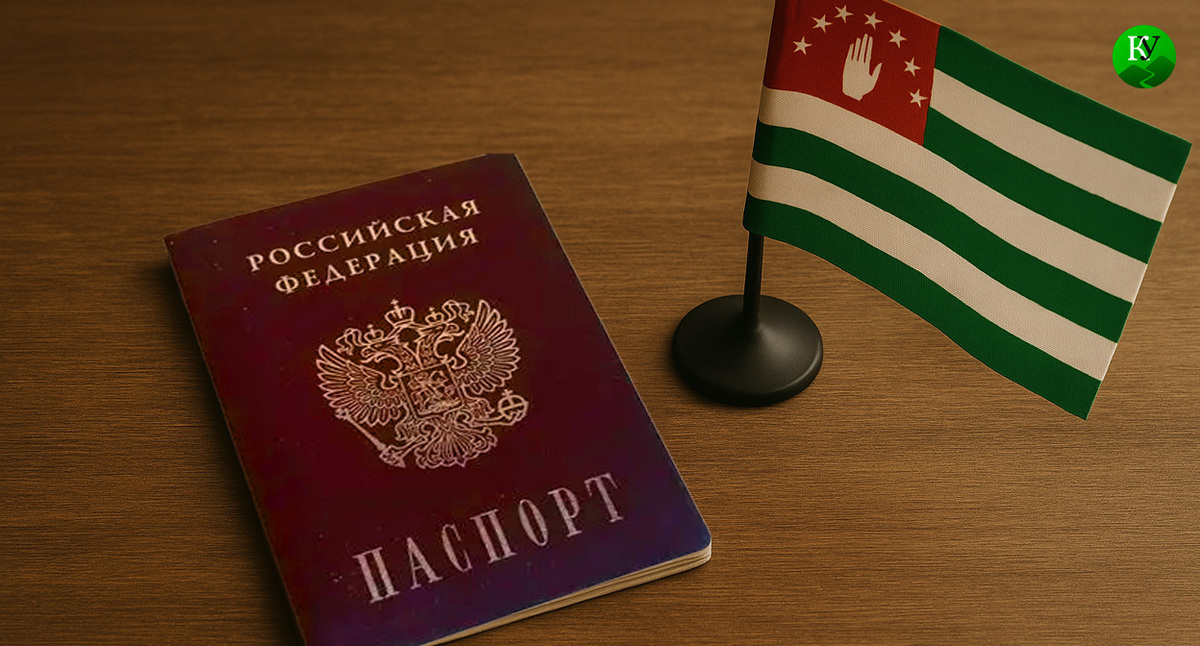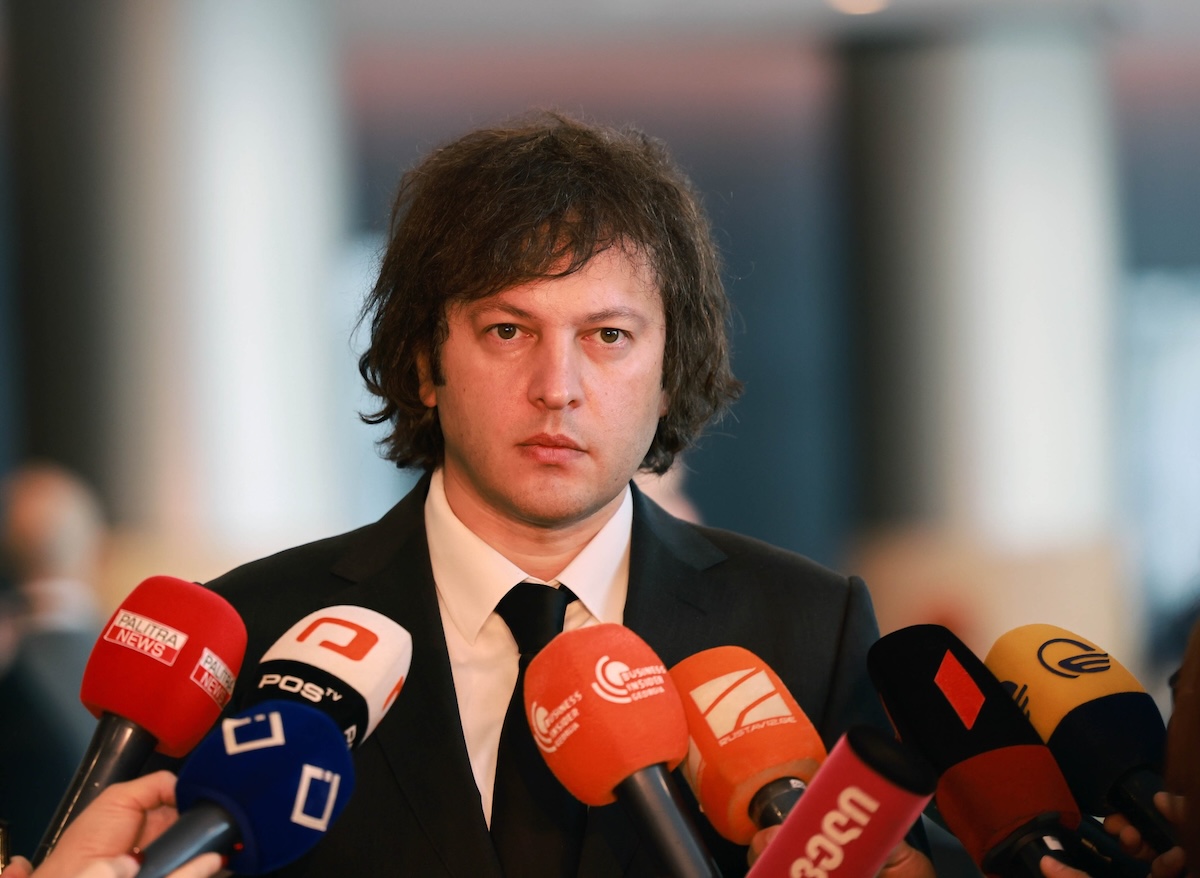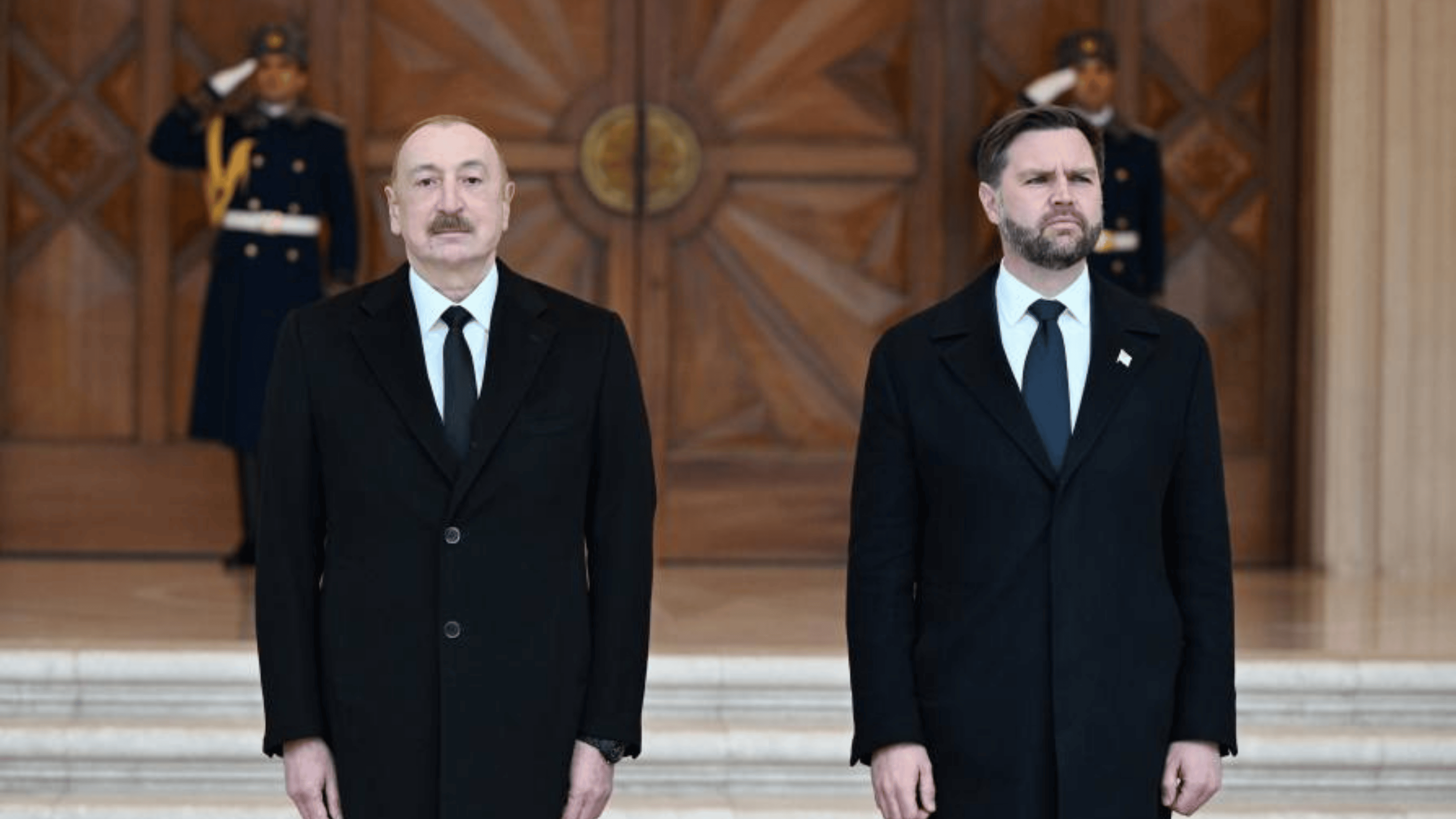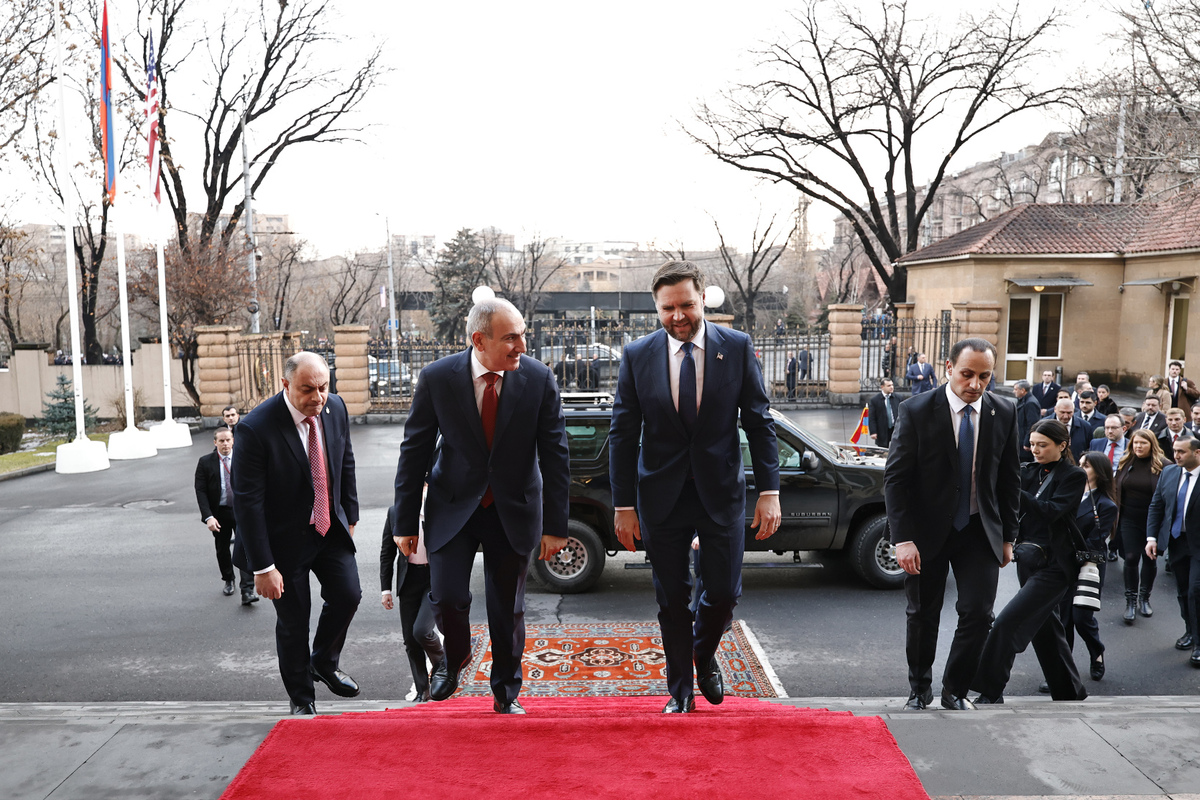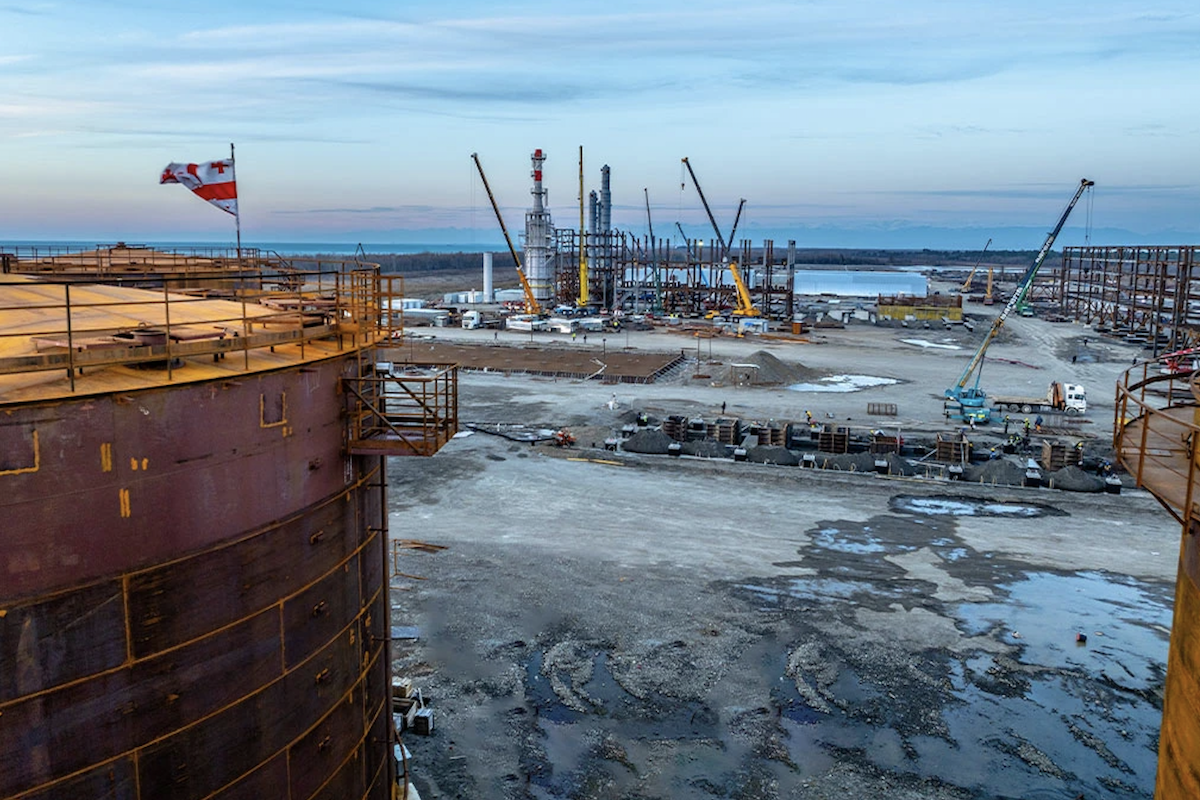OSCE MG Co-Chair’s statement stirs up heated debates in Armenia
A statement made by Richard Hoagland, the interim co-chair of the OSCE Minsk Group (USA), was broadcasted by the Voice of America (VOA) Armenian service, and has immediately stirred up heated debates in Armenia, with those discussions still being underway. They were triggered by a report that Richard Hoagland’s term in office expired on 28 August and that he would be replaced by Andrew Schofer, who would serve in this capacity on a permanent basis.
“He is an experienced high-ranking diplomat, who has most recently served as charge d’affaires of the U.S. Mission to International Organizations in Vienna. He has real experience in the settlement of Cyprus and other conflicts. The U.S. Administration hasn’t changed its position with regard to the Karabakh settlement. America’s approaches to this matter remain the same despite changing the co-chair,” said Hoagland.
What has Hoagland reiterated?
In his statement, Richard Hoagland presented six points for the Nagorno-Karabakh conflict settlement which has been known since 2009: (The full version link following afterwards):
- In light of Nagorno-Karabagh’s complex history, the sides should commit to determining its final legal status through a mutually agreed and legally binding expression of will in the future. Interim status will be temporary.
- The area within the boundaries of the former Nagorno-Karabagh Autonomous Region that is not controlled by Baku should be granted an interim status that, at minimum, provides guarantees for security and self-governance.
- The occupied territories surrounding Nagorno-Karabagh should be returned to Azerbaijani control. There can be no settlement without respect for Azerbaijan’s sovereignty, and the recognition of its sovereignty over these territories must be restored.
- There should be a corridor linking Armenia to Nagorno-Karabagh. It must be wide enough to provide a secure passage, but it cannot encompass the whole of Lachin district.
- An enduring settlement will have to recognize the right of all IDPs and refugees to return to their former places of residence.
- A settlement must include international security guarantees which would include a peacekeeping operation.
What has Armenia seen in Hoagland’s statement?
Representatives of Armenian political circles deemed it necessary to comment on the very fact of such a statement and its content. They were unanimous in the opinion that everything Hoagland said had already been voiced on a number of occasions. Experts stressed that if the statement was aimed at finding out how the communities of the conflicting parties would react to it, then Armenia should respond to it: a provision on ceding lands to Azerbaijan is absolutely unacceptable to Armenia, especially after the escalation of tension on the line of contact in April 2016.
Herewith some comments from Armenia:
Stepan Safaryan, a political analyst and founder of the Armenian Institute of International and Security Affairs (AIISA).
“Hogland’s version of the Nagorno-Karabakh conflict settlement is humiliating for the Armenian side… It’s a way towards destabilization. It’s really humiliating to offer that to a country that was forced into a war and who won the biggest battle of this war. It is a shame and a tragedy for the government which agreed to discuss this option. The government always thinks: ‘We’ll agree to give up on it, but it won’t come to this’, deep down hoping that some circumstances would prevent them from keeping their promise. Past experience indicates that even if Armenia agrees, Azerbaijan will not. Aliyev has set the bar too high for his community.”
Stepan Grigoryan, the Head of the Analytical Center on Globalization and Regional Cooperation
“It’s not worth discussing Hoagland’s statement seriously. Similar statements were also made earlier, but, as a matter of fact, there aren’t any talks as such. Actually, I don’t like Hoagland’s option either. I’m not sure if it’s even appropriate to talk about the territories now. It makes no sense to discuss it amidst the lack of negotiations. Both sides should get interested in the proposed ‘draft’.”
Garnik Isagulyan, a former advisor to the Armenian President and Chair of the this National Security party
“Hoagland’s recent statement could possibly be conditioned by the fact that the Armenian President, Serzh Sargsyan, was supposed to meet with the RF President, Vladimir Putin. [Hoagland made this statement on the day that the RF and Armenian Presidents met in Sochi]. It’s just a reminder. At least, the OSCE Minsk Group Co-chair countries try to say that during the discussion of this issue their opinion was also taken into account. The Armenian side isn’t going to make any concessions on Nagorno-Karabakh, because they are unlikely to promote the Armenian people’s interests, both in Armenia and in Nagorno-Karabakh.”
Tevan Poghosyan, a political analyst
“The statement on the Karabakh matter, made by the former OSCE Minsk Group Co-Chair Richard Hoagland, was aimed at introducing a new agenda to the Armenian reality. It could be described as a rather peculiar diplomatic trick, which is characteristic of the USA’s subsequent policy on Karabakh. The USA’s newly-appointed co-chair will assume the office with already-formulated approaches and will start his activity based on them.”
Aram Sargsyan, the Chairman of the Democratic Party of Armenia
“Hoagland thus wanted to test the waters and find out how positive or negative the parties are for the settlement of the conflict that has been smoldering for more than twenty years already. And he has reached his goal. As for his statement, I’m not that concerned about the points he outlined, but rather about the Foreign Ministry’s direct reaction when it said that there wasn’t anything new. In other words, it turns out that if there isn’t anything new, it means that you’ve agreed to discuss those positions. If a referendum isn’t held and the independence of Nagorno-Karabakh isn’t recognized, there is no point in negotiating anything.”
What does Nagorno-Karabakh think about it?
Karen Mirzoyan, the Minister of Foreign Affairs, commented on Richard Hoagland’s statement:
“There isn’t anything new in the elements proposed by the U.S. Co-Chair Richard Hoagland. Actually, it’s a rehash of the Madrid Principles, which have already been published on a number of occasions.
“The position of Artsakh with regard to such proposals is well-known and remains unchanged.
“Any model of settlement of the Azerbaijani-Karabakh conflict, if it’s intended to ensure stable and long-lasting peace, is impossible without full-fledged participation of the Artsakh party at all stages of the negotiation process, and it should take due account for the existing reality.
“The war in April 2016 clearly demonstrated how dangerous those far-fetched approaches could be and that they could create conditions for some unpredictable processes.
“Today, it’s necessary to make consistent steps in order to ensure the irreversibility of the peace process and implementation of the reached agreements, in particular, on introduction of the mechanisms for investigation of ceasefire violations. Unimplemented agreements become a ballast and hamper possible positive progress in the negotiations.”
Should we expect any progress in the negotiation process?
Areg Galstyan, the Head of the Armenian Interest Center and holder of a Ph.D in American Studies, as well as a contributor to “Forbes”, “The National Interest” and “Russia in Global Affairs” media outlets, has published the following far-from-optimistic opinion in this regard – no particular progress should be expected: “For a quite a long time, the OSCE Minsk Group Co-chair countries have been making the same statements: the territories should be ceded, the refugees should be returned etc. Those statements are worthless and it makes no sense analyzing them.”
Stepan Grigoryan, the Director of the Analytical Center on Globalization and Regional Cooperation, attributes the activation of the USA to a change in the U.S. Administration, noting that the absence of the negotiation process brings to naught the very idea of Hoagland’s proposal. “There are only the meetings, during which the prospects for holding talks are discussed. The Azerbaijani side make the withdrawal of troops a condition for launching negotiations, while the Armenian side refuses.”
Comment by the U.S. Ambassador to Armenia
Richard Mills, the U.S. Ambassador to Armenia, has confirmed that the outgoing OSCE MG Co-Chair, Richard Hoagland, didn’t present any new points with regard to settling the Karabakh conflict. He did however respond to the Mass Media’s comments as well as the Armenian social media segment:
“Let me put it bluntly, all those principles are subject to negotiation, and not one is more important than the other. There are no signs that one would be implemented more than the other one. All those principles are part of a single package, and it won’t be right to focus solely on one principle when considering those key principles that are necessary for the conflict’s settlement.”
The following phrase was a key point in Ambassador Mill’s comment: “The USA would like to intensify ties with Armenia, but not at the expense of its relationship with other countries.”
“Armenia does a good job balancing its relationship with all its neighbors, including with Russia and Iran, as well as with the USA and the EU. But we’ve made it clear that our goal is to make sure that Armenia can make its own sovereign decisions about what path to choose, and what economic and political models to follow.
“And we want to give Armenia the tools to continue making sovereign choices and to make sure that it’s not overly influenced or forced by others to follow certain paths that perhaps Armenia doesn’t want to follow.
“I think we have a great example of Armenia’s ability to balance its interests and work with the USA – I mean Armenia’s participation in the NATO-led ‘Nobel Partner’ exercise, held in Georgia in early August this year. Armenia should be proud, as it was the only CSTO (Collective Security Treaty Organization) member in this exercise and it contributed a very important component to this exercise with its medical units that supported all the other nations participating in the exercises. It helped the Armenian armed forces and helped this exercise, and I think, it helped to ensure security in Europe.”
Toponyms and terminology used in the article, as well as views, opinions and strategies they contain, do not necessarily reflect the opinions of JAMnews or any of employees thereof. JAMnews reserves the right to delete comments it considers to be offensive, inflammatory, threatening or otherwise ethically unacceptable.












